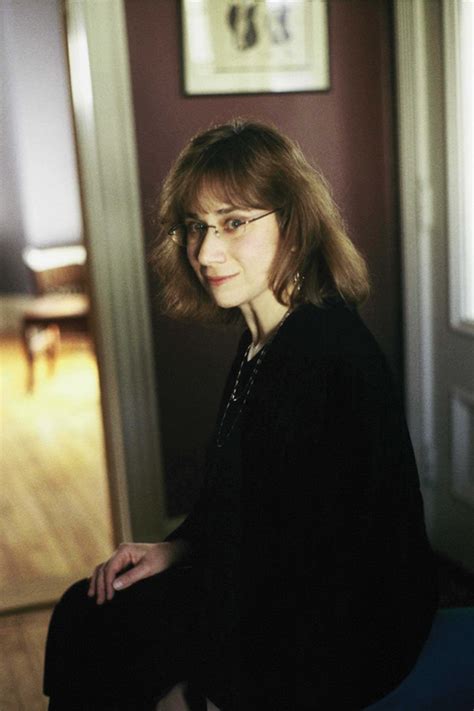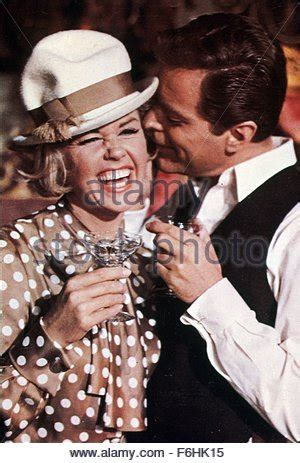A Quote by Curtis Sittenfeld
Perhaps fiction has, for me, served a similar purpose--what is a narrative arc if not the imposition of order on disparate events?--and perhaps it is my avid reading that has been my faith all along.
Related Quotes
There is really no fiction or non-fiction; there is only narrative. One mode of perception has no greater claim on the truth than the other; that the distance has perhaps to do with distance - narrative distance - from the characters; it has to do with the kind of voice that is talking, but it certainly hasn't to do with the common distribution between fact and imagination.
No matter how beautiful and loved a cover may be, the jury on it remains uncommitted until the book has been in the world for a while. Perhaps bookstore buyers will be indifferent. Perhaps it will be lost on store shelves. Perhaps there's another book or two out there using the same or a similar photo.
We tell ourselves stories in order to live...We look for the sermon in the suicide, for the social or moral lesson in the murder of five. We interpret what we see, select the most workable of the multiple choices. We live entirely, especially if we are writers, by the imposition of a narrative line upon disparate images, by the "ideas" with which we have learned to freeze the shifting phantasmagoria which is our actual experience.
I'm trying to make sure that the visual connections between the disparate elements are strong enough for the viewer to keep moving through the work. It's in paying attention to those hundreds of details that the flow of the line will guide an audience through the narrative in a way that will make them enter it enough to engage with it, and perhaps construct their own narrative.
When something terrible happens, a lifetime of small events and unremarkable decisions, of unresolved anger, and unexplored fears begins to play itself out in ways you least expect. You've been going along from one day to the next, not realizing that all those disparate words and gestures were adding up to something, a conclusion, you didn't anticipate. And later, when you begin to retrace your steps you see that you will need to reach back further than you could have imagined, beyond words and thoughts and even dreams, perhaps to make sense of what happened.
We have focused on the miracle-thing and I think we often overlook the message of Hanukkah. To me, the core of the holiday is the cleaning of the temple.... The accomplishment was in restoring the temple to the purpose for which it was built. Now think of the temple as a symbol. Perhaps it represents my life. The world has tried to use me for its own (perhaps good, but none-the-less extrinsic) purposes. But now I can rededicate myself to my own original purpose.
The assumption that the laws of nature are eternal is a vestige of the Christian belief system that informed the early postulates of modern science in the seventeenth century. Perhaps the laws of nature have actually evolved along with nature itself, and perhaps they are still evolving. Or perhaps they are not laws at all, but more like habits.
Poetry is perhaps this: an Atemwende, a turning of our breath. Who knows, perhaps poetry goes its way—the way of art—for the sake of just such a turn? And since the strange, the abyss and Medusa’s head, the abyss and the automaton, all seem to lie in the same direction—is it perhaps this turn, this Atemwende, which can sort out the strange from the strange? It is perhaps here, in this one brief moment, that Medusa’s head shrivels and the automaton runs down? Perhaps, along with the I, estranged and freed here, in this manner, some other thing is also set free?



































